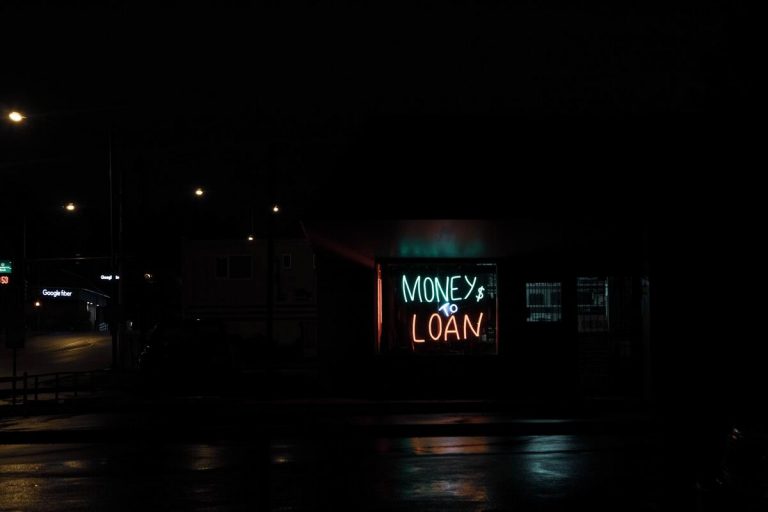Starting a business requires a decent amount of cash. It’s estimated that entrepreneurs must spend at least $180,000 to start a business with ten employees. That’s a lot of money, especially for someone just starting in the industry.
Not every business owner can start their business with just cash. Many companies require a loan to get started. Here are different business loans and how they can affect your business.
Term Loans
Term loans are the most prevalent type of loan for small businesses. Banks typically give them out, and the terms can vary widely. For example, the average term loan has a repayment period of five years, but some loans can have repayment periods of up to 25 years. The amount of money you can borrow with a term loan also varies, but it is usually between $5,000 and $5 million.
The most significant advantage of a term loan is that they usually have lower interest rates than other types of loans. Therefore, It makes them more affordable in the long run. On the other hand, the downside of a term loan is that it can be challenging to qualify for, especially if you have bad credit.
SBA Loans
The Small Business Administration (SBA) is a government agency that provides loans to small businesses. The SBA does not lend money directly to businesses, but they do guarantee loans that banks and other lending institutions give out. This guarantee makes it easier for small businesses to get loans because the lender knows that the government will pay back a portion of the loan if the business defaults.
The biggest advantage of an SBA loan is that it has very low-interest rates compared to term loans given by banks. However, the main problem is that they don’t provide a considerable loan, with the maximum being around $500,000, at least for express loans. If you put that into perspective with the average required amount to start a business, you’ll only be around for three to four years. On the other hand, businesses with good profit margins can get a loan of $5 million if they’re reputable enough.

Invoice Financing
Invoice financing is a loan that allows you to use your outstanding invoices as collateral. This type of financing is also known as factoring. With invoice financing, you sell your invoices to a lender at a discount to get the cash immediately. The lender will collect the payment from your customer when the invoice is due.
The biggest advantage of this type of loan is that it’s very easy to qualify for. Because your invoices secure the loan, the lender has little risk. The downside of invoice financing is that it can be expensive. The fees associated with this type of loan can range from 1% to 5% of the total invoice value. You may lose a lot more from this loan compared to others on this list, especially if you don’t get your math right.
Commercial Mortgage
A commercial mortgage is a type of loan used to finance the purchase or renovation of commercial real estate. Banks and other financial institutions usually give out this type of loan. The terms of a commercial mortgage can vary widely, but the average loan has a repayment period of five to ten years.
The main advantage of a commercial mortgage is that you can get a large amount of money with this type of loan. You can borrow up to 80% of the property’s value, which means you could get a $4 million loan if you’re buying a $5 million piece of property.
The best part about this is that it’s highly negotiable. Your mortgage lender can even give you the amount of the entire property value if you have a good credit history. It’s good to negotiate terms regarding this kind of loan since they tend to be flexible. So always find ways to get the best out of the loan when you can.
Lines of credit
A line of credit is a type of loan that allows you to borrow up to a certain amount of money and only pay interest on the amount that you borrow. It’s a loan similar to a credit card, but the interest rates are usually lower. The repayment terms for a line of credit are usually longer than a credit card, ranging from one to five years.
The most significant advantage of a line of credit is that it’s very flexible. You can use it when you need it and only pay interest on the amount that you borrowed. The downside is that it requires a very good credit score.
Small business loans can be a great way to start your business if you don’t have money. Consider the options outlined in this article. They are your safest bet when starting a business.




